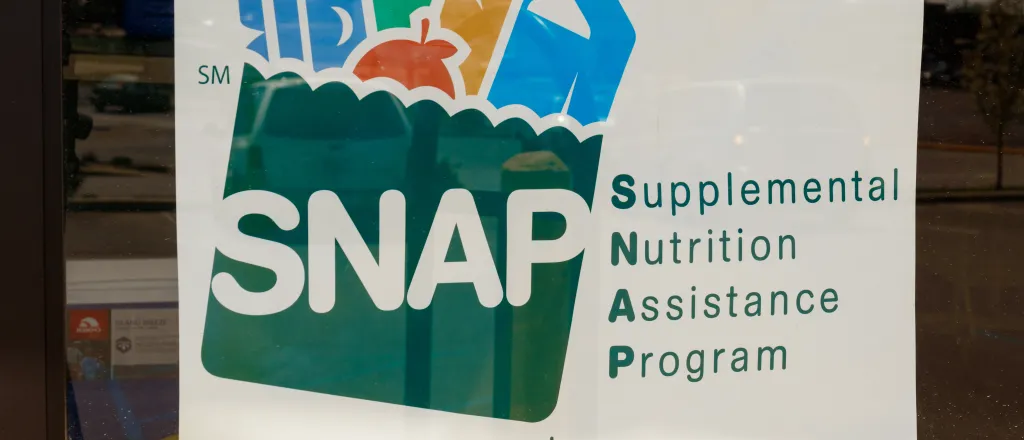
Colorado moves to deliver all November food benefits
© jetcityimage - iStock-958835100
Following the end of the longest federal government shutdown in history, Colorado is moving forward with delivering 100 percent of November food subsidies.
The shutdown left states and families across the country confused about how funding would continue for programs like the Supplemental Nutrition Assistance Program.
Colorado Governor Jared Polis applauded the state’s quick response to the end of the shutdown, which had been ongoing since Oct. 1.
“The federal government is finally reopening, and hardworking Americans will no longer be caught in the middle of Washington’s dysfunction,” Polis said. “I thank Colorado’s food banks, the Department of Human Services, and our local communities for their efforts during this unprecedented time. Keeping people from going hungry should always remain a top priority.”

© cagkansayin - iStock-1324646106
Funded by the U.S. Department of Agriculture, SNAP provides food subsidies, also known as food stamps, to roughly 42 million Americans nationwide. Monthly approximately 617,000 Coloradans receive at least $120 million in SNAP benefits.
Right before the end of the shutdown, the USDA had instructed states to deliver 65 percent of SNAP benefits. Colorado is now moving forward with delivering 100 percent.
“After weeks of uncertainty, Coloradans will finally have critical access to food back,” said Michelle Barnes, executive director of the Colorado Department of Human Services. “No Coloradans should ever have to be in a position where they go hungry or are unsure of where their next meal is coming from. This situation has shone a light onto just how valuable programs like SNAP are to thousands in our communities.”
During the shutdown, the Colorado government moved forward with stop-gap funding for taxpayer-funded food benefit programs. Just earlier this month, the state’s Joint Budget Committee approved two emergency appropriations requests from Polis.
One funded up to $10 million in emergency General Fund support for food pantries and banks throughout the state, while the other allowed up to $7.5 million in previously-approved funding to maintain Colorado operations for the Special Supplemental Nutrition Program for Women, Infants and Children (WIC).
While the majority of the congressional funding package only funded programs through the end of January, the USDA received funding through Sept. 30, 2026. That includes funding to all states for November SNAP benefits.
Colorado will not be refunded any additional funds it spent in lieu of the federal government for food benefit programs.
In addition to the state funding, Colorado communities also raised more than $500,000 through Feeding Colorado, a food bank association.

















